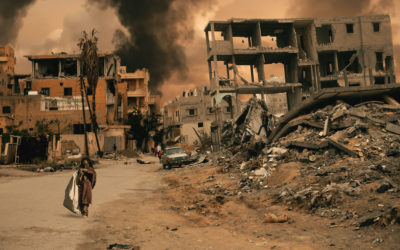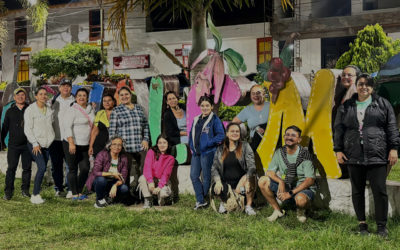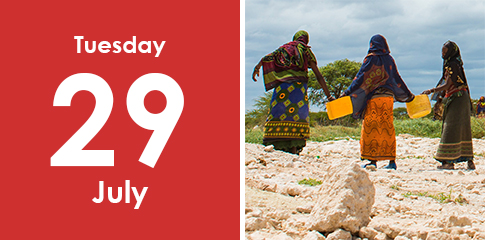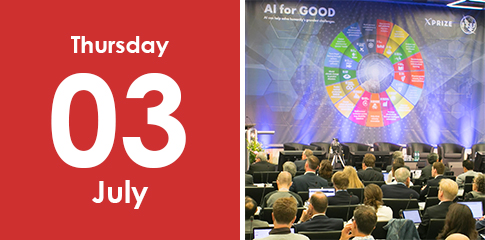Meet Gulnoza Akhmedova, a Gender and Civil Society Promotion Associate and Adjunct Faculty member at Webster University in Tashkent. Originally from Ukraine and raised in Uzbekistan, Gulnoza’s journey has taken her from teaching languages to championing gender equality and development in Central Asia. With over five years of experience managing projects focused on economic empowerment and the protection of women and children, she recently completed her Executive Diploma in Development Policies and Practice at the Geneva Graduate Institute.
In this interview, Gulnoza shares her inspiring career path, the pivotal moments that led to her transformation, and her vision for social change in Uzbekistan.
Your career journey has taken you from teaching English to becoming a prominent advocate for gender equality and development. What motivated you to make this significant career change?
Growing up in one of the most conservative regions of Uzbekistan, I have always been aware of the dire conditions for women’s rights in the country. During my undergraduate studies, I was an active Y-peer Volunteer in Fergana Youth Center and conducted trainings on women’s reproductive health and gender equality for peers. However, I was able to conceptualise multiple human rights issues related to women only during the exchange programme for the young professionals of English that took me to one of the biggest Universities in the USA. There, I have taken courses on Gender and sexuality and read literature on women’s rights in Central Asia. This research has empowered me to continue my education since I came back and work towards achieving gender equality in Uzbekistan.
I would like to say that before joining the DPP Programme, I already had prior experience in promoting gender equality and running multiple projects for different developmental organisations. I can say that I have been at the forefront of countering gender inequality in the country since 2019. I have led several projects aimed at enhancing the capacity of civil society organisations to protect women from GBV and promote the rights of women and people with disabilities. I have also taken advisory roles providing policy recommendations to international organisations, the government and the private sector via reports, evaluations and policy papers. This includes a policy brief on enhancing the protection system for GBV survivors during the Covid-19 pandemic and a Strategy for male engagement in gender equality for UNFPA, to name a few. I have organised advocacy events and activities for the 16 Days Campaign Against GBV since 2019, including fundraising for women’s shelters in Samarkand and Bukhara by inviting activists and journalists to visit the shelter and write the stories of women living there. Apart from that, I have written several project proposals to attract funding for the shelters for GBV survivors.
You recently completed the Executive Diploma in Development Policies and Practice from the Geneva Graduate Institute. How has this programme contributed to your professional growth and your work in gender and civil society promotion in Uzbekistan?
What the DPP programme has granted me is the theoretical and practical knowledge related to environmental and legal aspects of climate change, climate justice, sustainable water management, gender-responsive budgeting, gender and development, social norms change, involving men in gender equality, addressing GBV as well as communication and leadership skills. One of the key reasons I believe this programme is especially relevant for development practitioners is that it has helped me understand why some development interventions may be ineffective and fail to meet their objectives. We have gained a profound understanding of the development of the solid theory of change, critical development theories, and intercultural sensitivity, all of which are very instrumental in our work. The programme allowed me to approach my work critically in order to understand the factors behind the poor implementation of the laws related to GBV in Uzbekistan. Finally, as a result of the DPP Programme, I have conducted field research and drafted a policy brief on the need to improve the access of female farmers to water in the context of climate change for UNDP.
In my professional capacity as a Gender and Civil Society Promotion Associate with UNDP, I have mobilised around 50 CSOs in an online community to share grant opportunities and capacity-building initiatives with them. I regularly mobilise activists and youth in the framework of the 16-Days Campaign. To illustrate, in 2023, I initiated and facilitated a podcast with two other experts on the rights of women in Uzbekistan and, this year, initiated three nationwide digital art contests. I am also coordinating the work of 9 civil society organisations providing free legal support to vulnerable groups in remote areas of Uzbekistan. I have also provided expertise on the national context and the existing laws to develop multiple research products, such as guidelines on women’s access to justice and their protection from GBV, together with international experts. In general, my work involves increasing the capacity of Civil Society, the office of Ombudsperson and the legal aid providers in order to make legal aid more accessible to vulnerable people.
Given your extensive experience in development projects and gender equality advocacy, what are your future aspirations for your work in Uzbekistan? How do you plan to leverage your new skills and knowledge from the Geneva Graduate Institute to address the ongoing challenges in your field?
The DPP programme has also taught me that multiple issues revolving in the world today, including conflicts, climate change and gender-based violence, are interconnected and the problem of poor Governance rather than a technical problem. So is our inability to achieve Sustainable Development Goals. Uzbekistan is one of the countries that is most vulnerable to climate change and environmental degradation and it is affecting absolutely every area of development in the country. Therefore, in the future, I am planning to conduct socially oriented research aimed at eliminating the inequalities and including the perspectives of women, people with disabilities, youth, and other vulnerable groups in the development of policies and climate adaptation. I would also like to provide expertise and guidance to the government, civil society, and the private sector on mainstreaming gender and social inclusion in their policies and strategies and provide capacity-building training to ensure sustainable and inclusive development in the country. In particular, I am interested in conducting an assessment of the nexus between climate change and GBV in the country to integrate gender equality perspectives and include the needs of women in National Adaptation Plans. Finally, I am also eager to teach at different universities in Uzbekistan and Central Asia to share my knowledge and experience with youth.
Want to learn more about our Executive Programmes in Development Policies and Practices? Visit the programme page.









0 Comments